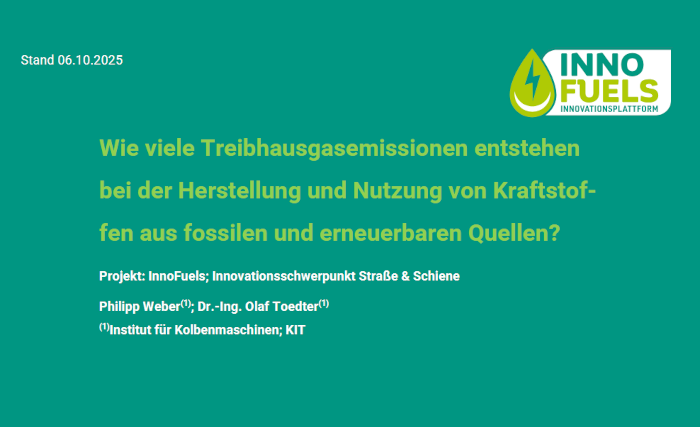
To what extent do the greenhouse gas emissions resulting from the production and use of fuels from fossil and renewable sources differ? A new compilation of literature from the InnoFuels project, more precisely from the Road & Rail team, provides a compact overview of current findings and methodological approaches. The focus is on central terms and methods of GHG balancing, in particular the life cycle assessment methodology according to ISO 14040/44 and its application within the framework of the Renewable Energy Directive (RED). The overview is supplemented by exemplary emission values from our own calculations and the RED, which illustrate important influencing factors and sensitivities.
Learn more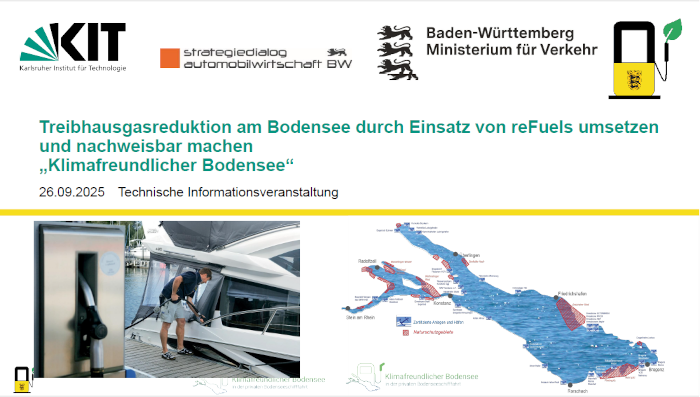
At Interboot 2025, we gave a compact presentation on the opportunities that Nautic E10 and Nautic HVO offer for businesses, customers and the environment. Our slides show how the use of these fuels can be easily implemented in practice and provide suggestions on how you can effectively present and advertise your reFuels consulting and service offerings. The focus was particularly on practical tips and ideas on how you as a company can offer competent advice and provide your customers with the best possible support when switching to sustainable fuels. Take a look at our presentation - it provides valuable impulses for service, marketing and customer communication on the subject of renewable fuels.
Learn more
On 28 October, an internal online workshop will take place as part of the InnoFuels project, which will focus specifically on the internationalization of sustainable fuels. Stakeholders from Switzerland and the Netherlands will be among those taking part. International activities, innovative approaches and funding opportunities will be highlighted and discussed together. With this event, the project partners are demonstrating how important international exchange is for the further development of climate-friendly fuel solutions. The aim is to involve new stakeholders worldwide in order to accelerate progress. In general, chemical parks such as the Infraserv Höchst site in Frankfurt am Main also play an important role. They offer ideal conditions for providing the necessary infrastructure for implementation.
Learn more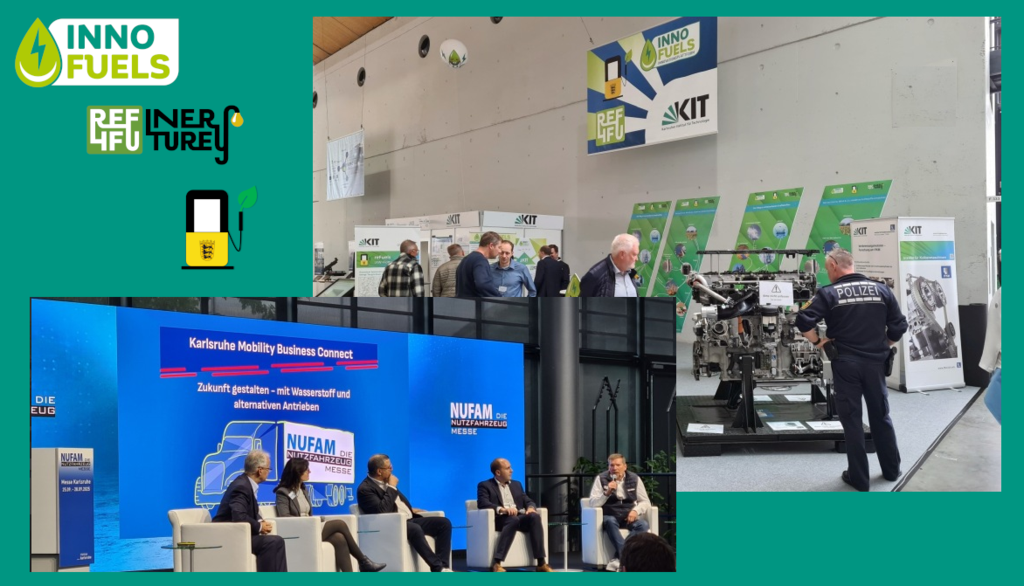
At NUFAM in Karlsruhe, everything at the Karlsruhe Institute of Technology (KIT) stand revolved around the future of sustainable fuels. With the reFuels, InnoFuels and REF4FU projects, visitors were able to discover how electricity-based and advanced biofuels are finding their way into practice - exciting for research, companies and politics alike. KIT was also present on stage: specialist presentations and a lively panel discussion focused on opportunities, challenges and concrete solutions for climate-friendly mobility. With these contributions, InnoFuels was able to successfully showcase its role as a platform for research, networking and transfer in the field of sustainable fuels at NUFAM.
Learn more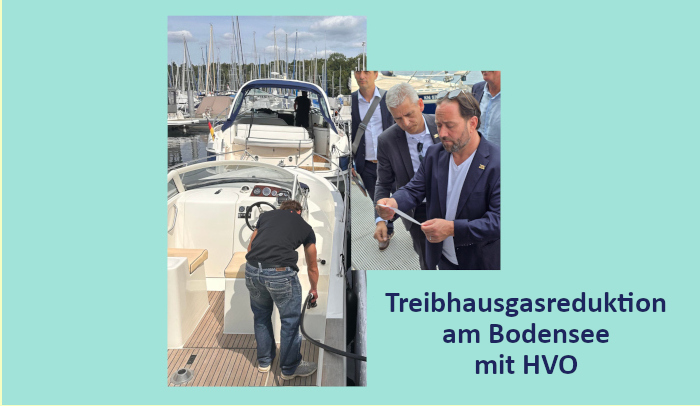
At the beginning of August, Baden-Württemberg State Secretaries Florian Haßler and Patrick Rapp visited the Ultramarin filling station in Kressbronn. As part of a state project, the regenerative fuel HVO (Hydrotreated Vegetable Oil) is being offered there for private ships - with a proven greenhouse gas reduction of 87%. This is made possible by the conversion of the marine filling stations to reFuels and the digital connection to fuel data, implemented in cooperation with Bosch. Even if InnoFuels is not directly involved here, such pilot projects are important signposts: they show how technology, politics and practice can work together to massively reduce CO₂ emissions.
Learn more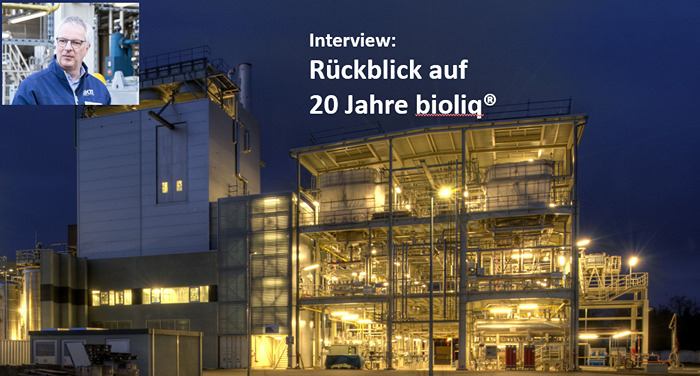
The bioliq® project at KIT, which was completed at the end of last year, demonstrated early on how residual biomass such as straw can be converted into synthetic fuel - a technological milestone that is also highly relevant for current projects such as InnoFuels or Refinnieries for Future (Ref4FU). The process chain comprises the shredding and drying of residual biomass, its thermochemical conversion via fast pyrolysis, the central gasification and purification of the synthesis gas and the subsequent chemical fuel synthesis. And all of this on an industrial scale. In this interview, project manager Prof. Nicolaus Dahmen looks back on the most important stages, challenges and successes of bioliq ®.
Learn more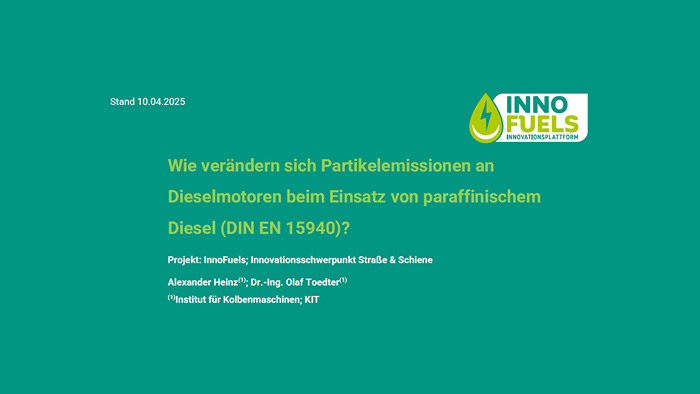
A new technical report from the InnoFuels platform project summarizes how paraffinic diesel - especially HVO - affects the particle mass and particle number emissions of diesel engines. Both internal engine emissions and the effect of exhaust gas aftertreatment systems are taken into account. The paper provides important insights into engine and aftertreatment emissions and can thus support fleet operators, manufacturers and politicians in using the fuel, which has been officially approved since mid-2024, sensibly and responsibly as a climate-friendly option.
Learn more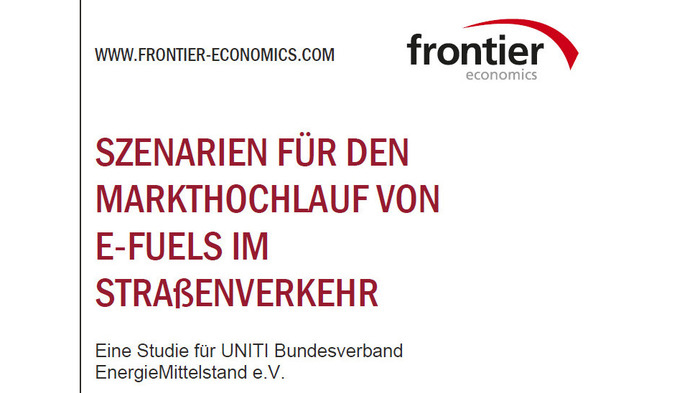
A workshop held in mid-February as part of the InnoFuels follow-up project focused on scenarios for the market ramp-up of e-fuels in road transportation. The project partner, Frontier Economics, had analyzed and evaluated studies from several institutes in detail on behalf of an association. The results provide valuable insights into the expected price development of a fuel mix of fossil and green gasoline and diesel in the coming decades - a crucial basis for planning the market ramp-up. The subsequent discussion based on the diverse experiences of the InnoFuels partners once again provided new impetus.
Learn more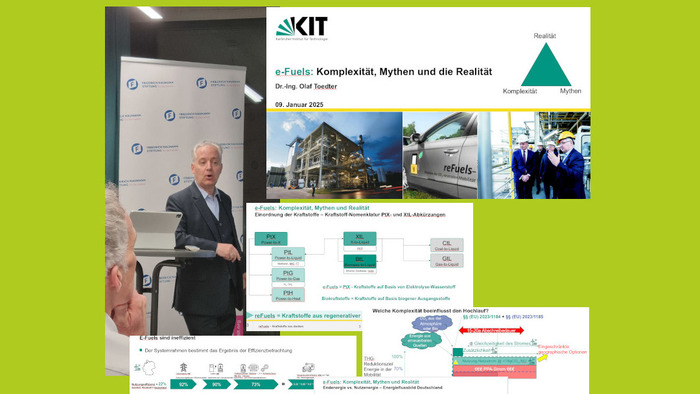
At a recent event organized by the Friedrich Naumann Foundation in Karlsruhe, the focus was on a highly topical issue: eFuels and their role in the energy transition. InnoFuels project manager Olaf Toedter gave a keynote speech aimed at explaining the complexity of the topic, dispelling common myths and providing a clear and well-founded presentation of the reality surrounding eFuels. The entire spectrum of topics was covered: from the terminology of fuels, technical dependencies and regulatory framework conditions for the market ramp-up to the current development of the reFuels ramp-up.
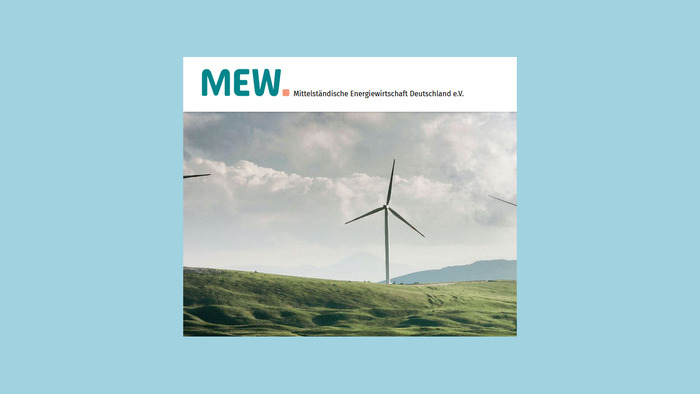
The MEW subsidiaries UTV and AFM+E commissioned a scientific study to demonstrate the compatibility and suitability of the existing infrastructure with HVO 100 and also to compare the characteristic physico-chemical parameters of diesel and paraffinic fuels. One focus of the study was on material resistance to HVO 100.
Learn more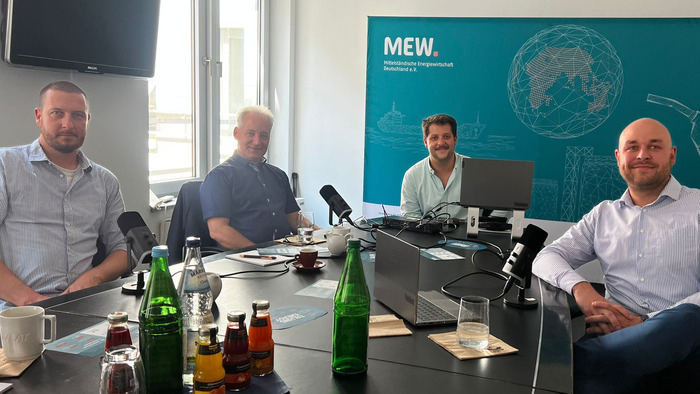
What is HVO? Where can it be used? What opportunities does the fuel offer for climate protection? And what about price and availability? These and other questions are discussed in the latest podcast from MEW Mittelständische Energiewirtschaft Deutschland e.V.. Guests are Olaf Toedter, reFuels project coordinator from the Institute for Reciprocating Engines at the Karlsruhe Institute of Technology (KIT), and Micha Gebhardt, company spokesman at ADAC.
Learn more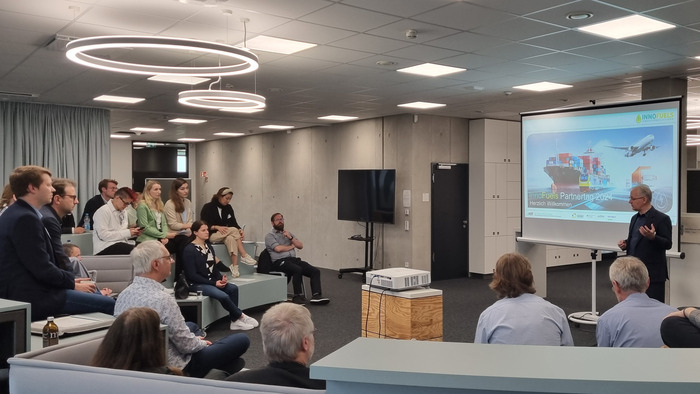
One day after the ISP aviation workshop, the InnoFuels Partner Day took place in Karlsruhe on June 20. It became clear that the intensive exchange between the various innovation focal points is crucial to the success of the project. It is also becoming increasingly clear that the elimination of market deficits is seen as the key to accelerating the ramp-up.
Learn more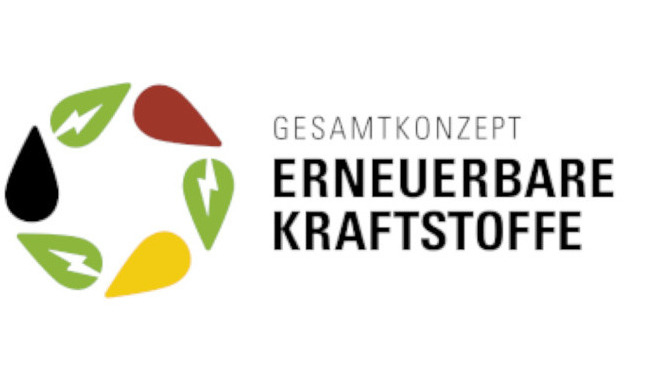
Two new digital tools are now available as part of the German government's overall concept for renewable fuels: Firstly, a program monitor that presents the most important key figures of the funding program for the development of renewable fuels. The second is another interactive monitor that shows all globally announced Sustainable Aviation Fuels projects (as of May 2024). Both monitors provide a comprehensive map of the global distribution of projects as well as information on all important details.
Learn more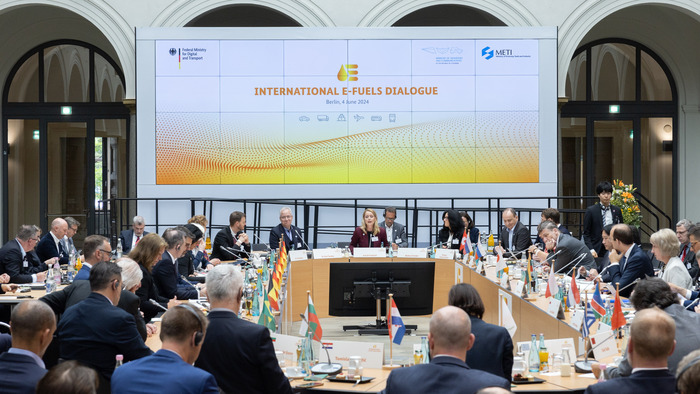
Beim internationalen E-Fuels Dialog waren Vertreter aus Wissenschaft, Wirtschaft und Politik zusammen gekommen, um über die notwendigen Bedingungen für Skalierung und Investitionssicherheit zu beraten. Ausgerichtet wurde die Konferenz in diesem Jahr von Deutschland, Litauen und Japan. Die drei Länder hatten zuvor die sogenannte Berliner Erklärung zum Hochlauf der E-Fuels unterzeichnet. Beim anschließenden internationalen Dialog war auch InnoFuels-Projektleiter Dr. Olaf Toedter dabei.
Learn more
HVO 100 has been on sale at some German filling stations since mid-April. The fuel, which is made from waste and residual materials, marks the beginning of a new era, because for the first time consumers can fill up with a fuel that is almost entirely made from renewable energies. In the ARD program KlimaZeit (timecode 19.04), reFuels project manager Olaf Toedter (KIT) explains how he assesses the suitability of the fuel and who will be able to use HVO100 in the future.
Learn moreThe Federal Council has cleared the way for the renewable fuel HVO. On March 22, the corresponding DIN EN 15940 was included in the current Federal Immission Control Act. This means that HVO 100, which is produced from waste and residual materials, can be sold at German filling stations since mid-April.
Learn moreIt was investigated whether the paraffinic diesel fuel HVO, which was recently approved in Germany, can be used in the existing truck fleet without any problems and whether its use actually leads to the desired CO2 reduction. The answer is an unqualified yes: Yes. This is proven by the test run of several different pairs of trucks in the Stuttgart/Ludwigsburg area, which lasted over three years.
Learn more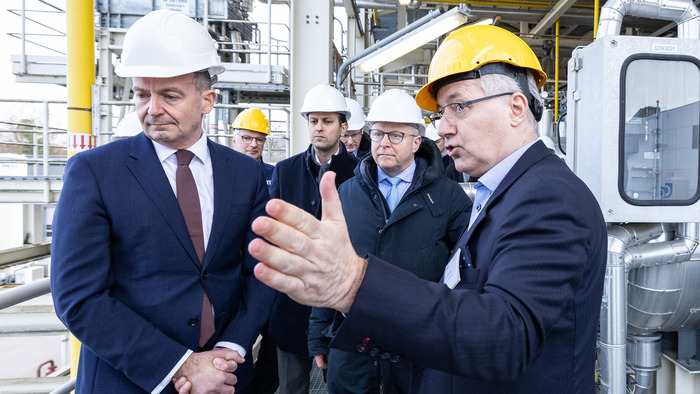
Wissing's visit to KIT's North Campus on March 1, 2024 focused on current projects in mobility and energy research. The minister also visited the Energy Lab 2.0 and the Bioliq plant. Both pilot plants are used to produce reFuels. "Power-to-liquid processes are an important building block for the mobility of the future. They will help us to achieve our climate protection targets. In order to advance this sustainable transformation in the areas of mobility and energy, we need research such as that taking place at KIT," said Wissing during the visit.
Learn more
Which regenerative fuels are actually suitable for agricultural vehicles? How good are they and how much do they cost? These and other questions were the subject of the Baden-TV TV report, which was broadcast on the occasion of the farmers' protest week in January this year. In the report, Olaf Toedter (IFKM/KIT) answers the editor's questions about synthetic diesel and the political and legal framework conditions. You can find the 4-minute report on the BadenTV media library via the link below.
Learn more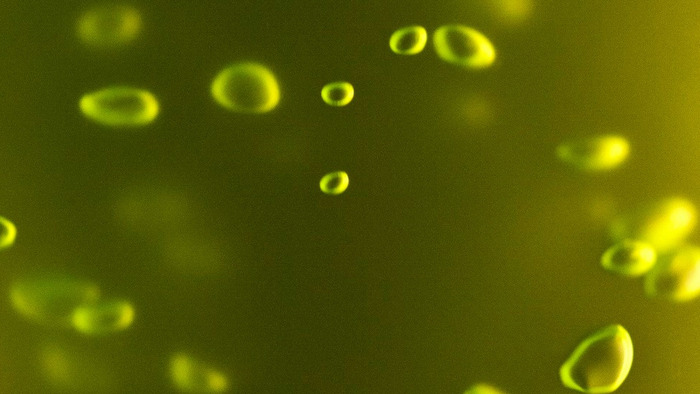
The potential of reFuels to reduce CO2 in the transport sector is often underestimated: the electrical energy required for their production is too expensive and is disproportionate to their climate policy benefits is just one of several objections to the ramp-up of these fuels. However, this ignores important aspects. In an interview with the technology magazine krafthand, reFuels project manager Olaf Toedter explains what opportunities reFuels actually offers and what infrastructure, regulation and goodwill would be needed to benefit both the climate and the economy.
Learn moreutsav-srestha-newspapers-unsplash_sma.jpg)
philip-strong-information-unsplash_sm.jpg)

